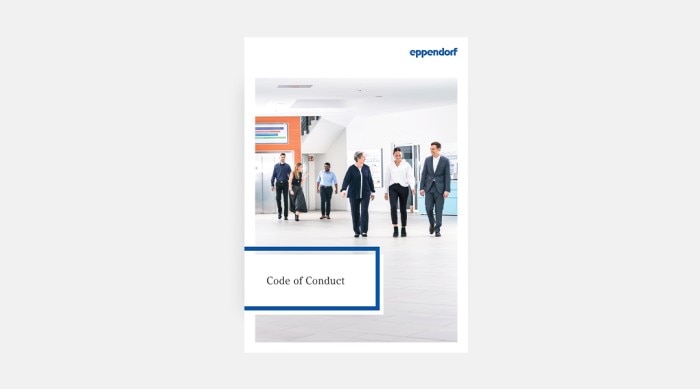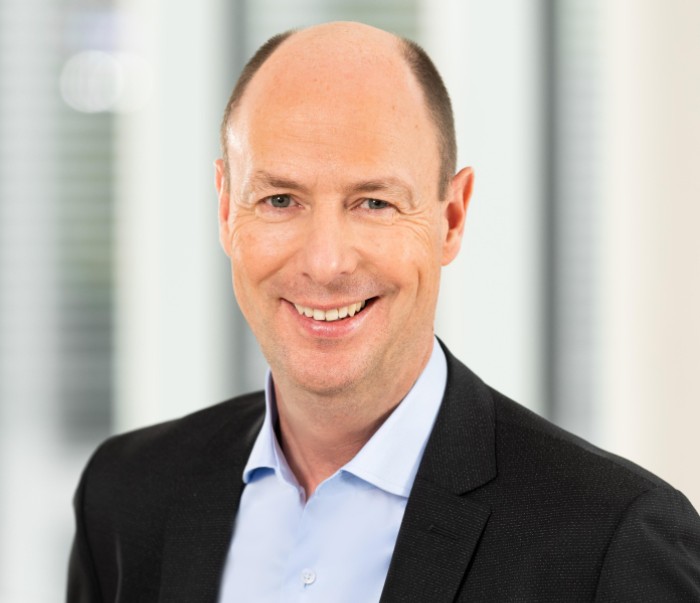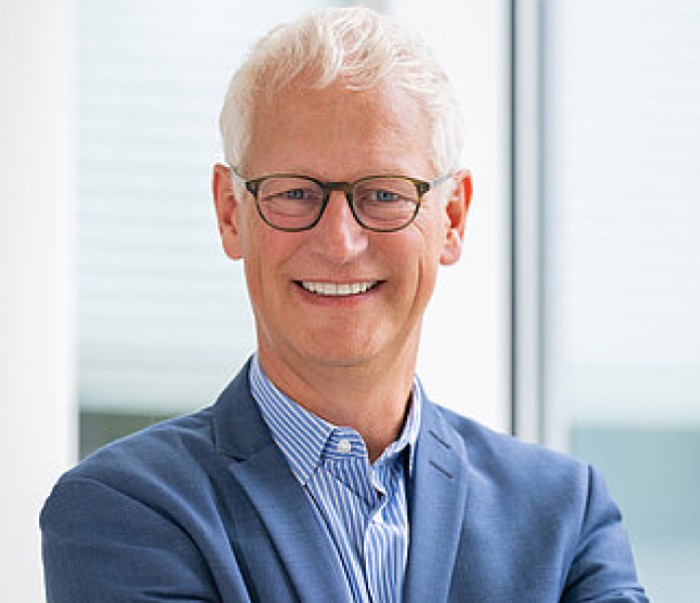-
- Tischzentrifugen
- Standzentrifugen
- Gekühlte Zentrifugen
- Mikrozentrifugen
- Mehrzweckzentrifugen
- Hochgeschwindigkeitszentrifugen
- Ultrazentrifugen
- Concentrator
- IVD Produkte
- High-Speed and Ultracentrifuge Consumables
- Zentrifugenröhrchen
- Zentrifugenplatten
- Gerätemanagement
- Proben- und Informationsmanagement
-
- Manuelles Pipettieren & Dispensieren
- Mechanische Pipetten
- Elektronische Pipetten
- Mehrkanalpipetten
- Direktverdrängerpipetten & Dispenser
- Automatisches Pipettieren
- Flaschenaufsatzdispenser
- Pipettierhilfen
- Pipettenspitzen
- Verbrauchsartikel für die Automation
- Zubehör für Dispenser & Pipetten
- Zubehör für die Automation
- Services für Dispenser & Pipetten
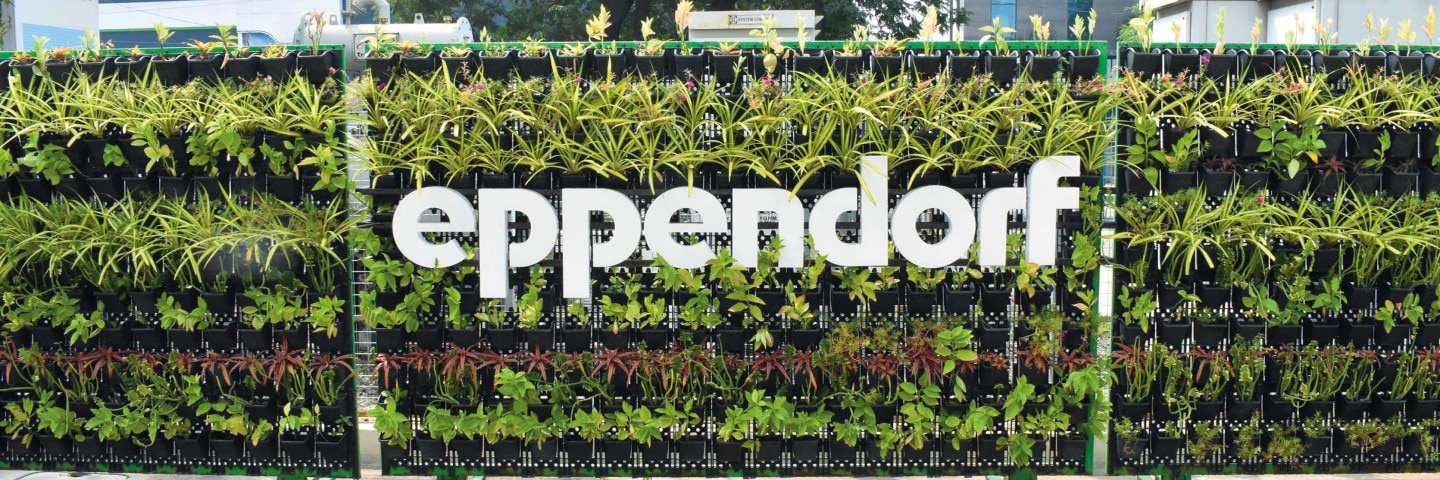
Read more
Read less
Our Vision
Our mission “to improve human living conditions” requires us to positively transform the Eppendorf Group to operate safely within the planetary boundaries and respecting humanity: we shall become climate neutral, minimize the use of natural resources, and improve human well-being throughout our value chain.This vision is part of our strategic approach to take responsibility and contribute to a sustainable development.
Mehr erfahren
Weniger lesen
Stakeholder-, impact-, and success-oriented
Sustainability along the entire value chain
The basis of the strategic framework is a combination of integrating different perspectives on 20 responsibility topics relevant for Eppendorf: The dialog with various stakeholders, a data-based determination of our environmental and social footprint using an impact analysis and a success-oriented assessment.
Committed to a Circular Economy
The current discussion about climate change is often only about climate protection. However, it is often overlooked that 90 percent of the loss of biodiversity is caused by raw material extraction and processing. Moreover, these activities have a significant impact on global greenhouse
Our contribution to the Sustainable Development Goals (SDGs)
The 17 Sustainable Development Goals (SDGs) and their 169 sub-goals serve as tasks and instructions for action for governments, companies, cities and civil societies worldwide. They were adopted by the 193 member states of the United Nations (UN) in September 2015 and define the economic, social and ecological dimensions of sustainable development. At Eppendorf, we support the implementation of the SDGs and aim to make a significant contribution to achieving the goals through our business activities.
In preparing our materiality analysis, we also analyzed our contribution to the SDGs, taking into account the entire value chain. With the Eppendorf Resource Strategy based on circular economy concepts, we are making a decisive contribution to achieving SDG 12, which aims to ensure sustainable consumption and production methods by 2030.
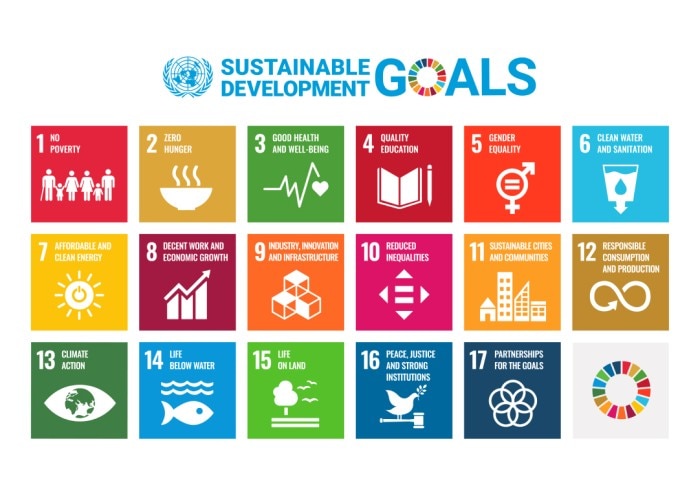
Mehr erfahren
Weniger lesen
Vision
The exploitation of natural resources puts a strain on planetary boundaries for which implementing circular principles can make a significant contribution. Thus, we want to transform Eppendorf into a company that enables humankind to operate safely within the planetary boundaries.
Mission
Therefore, in our resources strategy we aim to minimize the use of natural
resources throughout our value chain by focusing on efficient/alternative solutions for packaging and consumables and introducing circular economy concepts wherever possible.
Sustainability Strategy
As part of Eppendorf's global sustainability strategy and its resulting guiding theme "Natural Resources”, increasing resource efficiency and
minimizing the amount of waste generated by our consumables and product packaging is of utmost strategic relevance.
Competitor Strategy
We want to set new standards and become a leading player in our industry by using natural resources in the most sustainable way and minimizing the waste generated by manufacturing and utilization. This will directly strengthen our competitiveness.
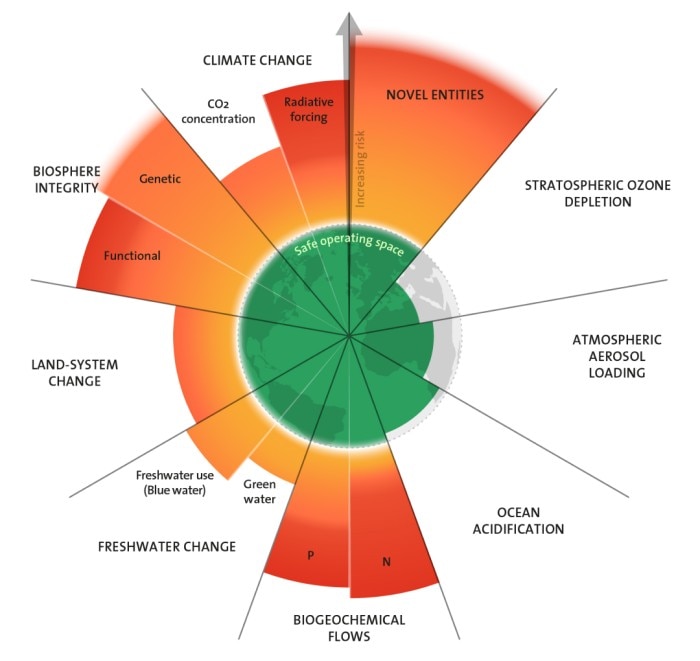
Why we need a Circular Economy
material consumption with all its negative consequences is caused in our linear economic model. We need to transform our economy and change our way of life, guiding towards a circular economy instead of a waste economy.
Circular Economy is a regenerative system, powered by renewable energy, that replaces the current linear industry model of "take - make - waste".
Circular concepts for us are regenerative systems, in which resource use, waste production, and emissions are minimized by slowing, reducing, and closing natural resource cycles - this can be achieved through dematerialization, the use of more sustainable raw materials, and a Design for Reuse and Recycling. In our understanding, Circular concepts also include a maximum servicability and durability of products as well as prevention of potential negative environmental and social impacts.
„We have set specific targets and backed them up with clear KPIs and measures, which we will monitor regularly at Eppendorf starting in 2023.“
This ensures that there are defined persons responsible for achieving the targets and that the progress of defined measures is transparently trackable. 
Samira Schroeder
Manager Product Sustainability

Samira Schroeder
Manager Product Sustainability
Deep Dive: Packaging & Consumables Resources
Deep Dive: Carbon-Zero
Eppendorf sets their goal: Become carbon-zero as a company until 2028.
Business Practices
With company-wide codes of conduct, Eppendorf has established standards for employees and suppliers around the world.
Eppendorf considers compliance with legal requirements to be a matter of course. That is why we set standards for ourselves that exceed what is required by law. When joining the company, every employee of Eppendorf SE and its majority-owned subsidiaries in Germany and other countries agrees to comply with the Code of Conduct. This code includes guidelines on how to behave in accordance with the company's ethical standards – for example, when using company resources or with regards to occupational safety.
Eppendorf also ensures certain standards in its supplier relationships. To this end, the company imposes the Code of Conduct for Suppliers.
